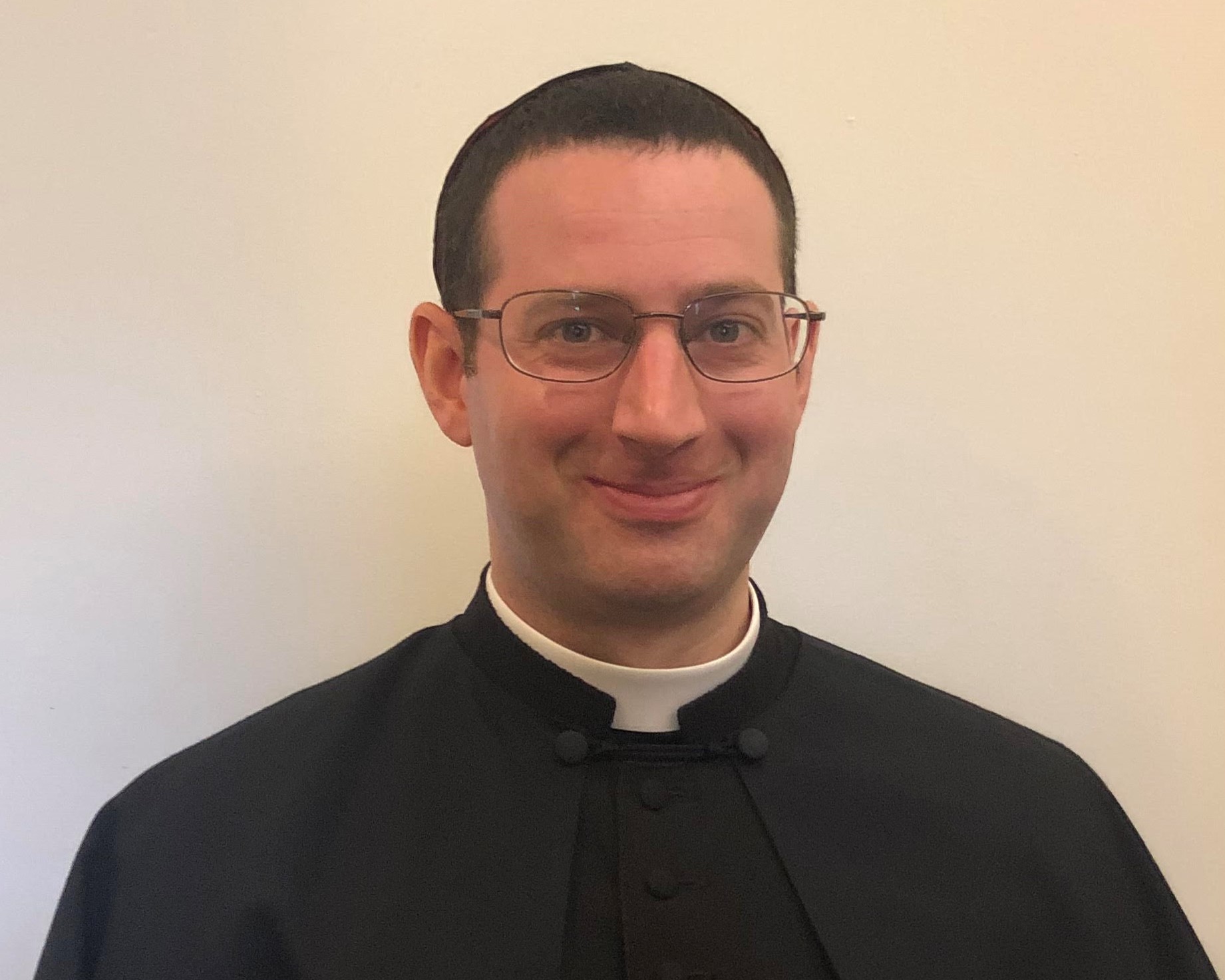Prayer is conventionally divided into Vocal Prayer and Mental Prayer. Vocal Prayer, even if it is not spoken, consists of formulaic prayers. So, prayers such as the Our Father, the Hail Mary, the Glory Be, and Acts of Faith, Hope, and Charity, even if they are not spoken aloud, would all be considered Vocal Prayer. Mental Prayer, or Meditation, is a heart-to-heart, friend-to-friend conversation with God which is, compared to Vocal Prayer, more spontaneous and personal. According to St. Teresa of Avila, both types of prayer, Vocal and Mental, are necessary for a healthy spiritual life – “Take my advice and let no one mislead you by pointing out any other way than prayer. I am not discussing here whether mental and vocal prayer are necessary for everybody; but I contend that you require both…I am certain of it that Our Lord will eventually bring to the harbor of salvation, he who gives himself to prayer” (Way of Perfection, xxi).
In both types of prayer, attention is necessary. But how much attention must one have when undertaking Vocal Prayer? According to St. Thomas Aquinas, there are three possible degrees. In his Summa Theologica, he wrote the following:
It must be observed, however, that there are three kinds of attention that can be brought to vocal prayer:
one which attends to the words, lest we say them wrong,
another which attends to the sense of the words,
and a third, which attends to the end of prayer, namely, God, and to the thing we are praying for. That last kind of attention is most necessary, and even [the uneducated] are capable of it. Moreover this attention, whereby the mind is fixed on God, is sometimes so strong that the mind forgets all other things, as Hugh of St. Victor states [De Modo Orandi ii]. (S.T. II-II, q. 83, a. 13, c)
So, according to St. Thomas, the minimum amount of attention one must have at Vocal Prayer is pronouncing the words properly. The intermediate level is to understand the sense of the words and phrases one is saying. This can mean the immediate meaning, such as that by saying “Our Father” one is addressing God. But this can also mean the depths contains in the words, depths which are brought out by reflection and by having recourse to commentaries, such as those on the Our Father and the Hail Mary, which commentaries draw out the riches of each word and phrase. In the last and highest degree, one rises above the meanings of the words and is entirely fixed on God Himself. It is important to note that, in progressing from one degree of attention to another in Vocal Prayer, the middle degree can be skipped. One can go from correctly pronouncing the words to having the mind fixed on God without understanding what is being said, or only understanding in a small degree.
This last point could explain how little children are able to raise their minds to God even though they do not really understand what they are saying. Additionally, this means that one can have the mind fixed on God while praying in a traditional liturgical language of the Church, such as Latin, when one does not understand the meaning of the words, or at least not fluently. It could be enough to know that these prayers are approved by the Church’s usage, such as St. Jerome’s Latin Psalms in the Divine Office, for one to raise his mind to God and the things of God.
May you then, dear reader, always have a degree of attention during your Vocal Prayers while always striving after the highest.







